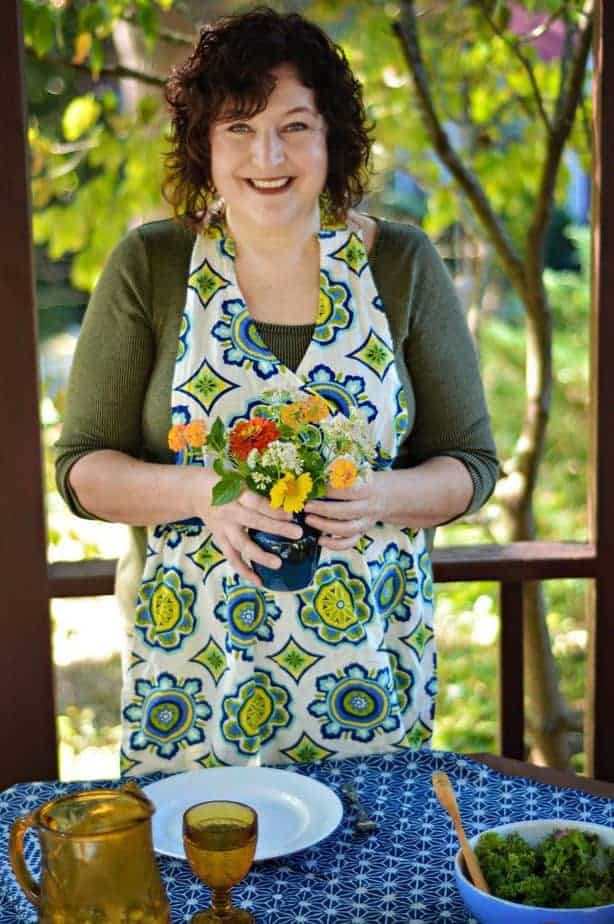Working With a Registered Dietitian Near Me
How to find the best nutrition counseling near me?
Tips on working with a registered dietitian near me.
Here are a few questions some of my clients ask:
How do I get started? What questions do I have? Can they help? What is the best way to find the right one for me? What process works to schedule my appointment? How are the sessions structured? What number of visits do I to attend?
I hope I can help answer your questions to help get you started!
You may wonder what is a registered dietitian nutritionist?
A registered dietitian nutritionist is the nutrition expert who can personally customize each client’s nutrition plan individually. This is based on each person’s individual needs, work schedule, lifestyle and any fine tuning for each person’s eating habits.
Together, you and I can find solutions to your challenges so they don’t get in the way of your success.
How long does an initial nutrition session take?
An initial nutrition consultation takes 60-90 minutes depending on your health status and goals. A follow-up usually runs 30-60 minutes. However, health issues and your situation determine the time needed to assess and collaborate to individualize your eating plan!
How many times will we meet?
The amount of time needed depends on what you want to accomplish. The low fodmap diet for IBS clients should have at least 3 visits to successfully achieve your goals. Permanent behavior takes more than one visit. So, a pre-paid discounted package of 3 visits can be a good way to go if you pay out of pocket.
Does insurance cover for nutrition counseling near me?
Yes, some do! For example, I am a provider for Blue Cross Blue Shield of North Carolina, Federal and State Employees Plan. However, Blue Cross Blue Shield Plans from other states and as well as other insurance companies often do not pay for nutrition visits.
What types of health conditions can be improved with the nutrition therapy?
Medical nutrition therapy from a registered dietitian nutritionist can help clients manage chronic health conditions like diabetes, high blood pressure, digestive health issues, weight management and autoimmune conditions.
In addition, I provide personalized nutrition plans and recommendations for people with cancer, osteoporosis and many other health conditions. I specialize in women’s nutrition, gut health and plant-based eating.
In fact, a registered dietitian nutritionist can help clients with cooking on a budget, tips for healthy dining-out, easy meal planning options, ways to encourage healthy eating habits, and much more!
Here are a few key steps that we may take on our journey together:
STEP ONE: Sign Up for Your First Personalized Nutrition Visit
Are ready to get started with your personalized nutrition visit?
If you need more information, you can sign up for a free 15-minute “Get to Know Each Other Phone Call”! During this quick call, we can see if I can help and if we will make a great team to work together.
If you are all ready to get started, contact me at Vine Ripe Nutrition
STEP TWO: Nutrition Assessment
During our journey, I will take your diet and medical history and do some nutrition assessing. After that, we will discuss the foods you like to eat. And how to include these foods in your personal nutrition plan.
After that, I will provide you additional resources and tips. If you have IBS, we will determine if the low FODMAP diet or another approach is best for you. Additional assessments may be needed to make sure that we are on the right track.
STEP THREE: Ongoing Support
Depending on your health and nutrition concerns and the amount of accountability and encouragement needed, this will determine the number of follow-ups to monitor your progress and make needed adjustments. During follow-ups, you will be provided additional information for your journey.
In addition, I provide clients with ongoing online support with the Vine Ripe Nutrition blog posts and recipes.
And in 2024, I am excited to share a new online health membership called The Growing Vine Community that you can join that contains lots of helpful information to help you continue your journey along with group support!
Questions People Often Have About Working with a Registered Dietitian Near Me
What is the difference between a Nutritionist and a Registered Dietitian Nutritionist?
Do you wonder how to find a qualified nutrition therapist/counselor? How do you know if the person that the person that you are working with provides evidenced based nutrition based on the lastest research? It can be challenging because there is confusing and conflicting information out there!
Did you know the term nutritionist is a NOT a legally defined term? Anyone can call themself a nutritionist but it may not make a person qualified to provide appropriate nutrition counseling and care.
A Registered Dietitian Nutritionist (RDNs) is food and nutrition expert and health care provider who has earned the RDN credential and has successfully completed the following criteria:
-We graduate with a bachelor’s degree at a US regionally accredited university or college that includes additional course work certifed and approved by the Accreditation Council for Education in Nutrition and Dietetics (ACEND) of the Academy of Nutrition and Dietetics.
-In addition, we complete an ACEND-accredited supervised practice program at a health-care facility, community agency, foodservice corporation which may be combined with undergraduate or graduate studies. A practice program will usually run between six to 12 months. And in 2024, our nutrition training must include a graduate degree although for many years, many of our programs included this.
-After our training, we must pass a national board examination administered by the Commission on Dietetic Registration (CDR).
-Above and beyond, we must continue our training by completing 75 hours continuing professional educational to maintain the national registration every 5 years. That may we stay informed on the changing research in our field.
-All Registered Dietitian Nutritionists (RDN) or Registered Dietitians (RD) another preferred name) are nutritionists but not all nutritionists have had the education or training to be a nutrition expert. 10 Reasons to See an RDN (eatright.org)
State Licensure of Nutrition Providers
In order to make sure nutrition providers are qualified, most states now require nutrition providers pass an exam and show training in order to obtain a state license to practice nutrition.
In North Carolina to practice nutrition therapy, a person must have a license. You will see the designation LDN (which is Licensed Dietitian Nutritionist) to determine if a person is licensed. This is to ensure that people know that the person that they are working with is trained to provide safe information which is based on research.
What is health coaching?
Health coaching is another term that is not consistently regulated. Several organizations certify people to have a coaching certificate. These certificates vary in training and some are more rigorous than others. A few people don’t even have a certificate and designate themselves as a health coach. It is important to ask questions about their training to know what qualifications a coach has.
Health coaching is a technique where clients receiving counseling so they are empowered to set their own goals and determine the direction that works best for them. Registered Dietitian Nutritionists can incorporate many these counseling techniques without obtaining a certification. That is because many of us have been required to take college courses on health psychology, behavioral change and education techniques that include these techniques.
In fact, much of my health coaching training has been on-the- job training with four major, national research studies. During the years with the studies, I was required to receive training in behavior change, motivational enhancement and health coaching techniques by some of the top experts in the field of behavior change. This on-the-job experience helps me incorporate many of the concepts in my nutrition sessions!
Other Coursework
Additional classes besides lots of nutrition courses, educational and psychology courses include lots of chemistry courses (since nutrition is biochemistry), biology, microbiology, food science, and anatomy and physiology courses. Many of us have also received culinary arts training. I even took a vegetable gardening course.
Here is some additional information about me and some of the ways I can help:
Ways We Can Work Together: Nutrition Consultation – Vine Ripe Nutrition Work With Me
A Little More About Me: Asheville Nutritionist Registered Dietitian (vineripenutrition.com)
5 reasons to work with an Asheville Nutritionist and Registered Dietitian.
Let me know if I can help you reach your nutritional goals and help you succeed!



